CBS researchers help the Danish government prepare for the next pandemic

When a new pandemic strikes, the Danish government will have a list of principles to lean on to bring Denmark’s economy unscathed through the turbulence. Two CBS researchers, Birthe Larsen and Yvette Lind, are contributing economics and law expertise to help formulate the principles.
When the coronavirus epidemic turned into a worldwide pandemic, many countries and their governments found themselves in uncharted territory. Including Denmark.
However, within a matter of weeks, the members of parliament had voted in favor of a new law to give extraordinary authority to the Minister of Health and, in collaboration with the business sector, passed financial aid packages to stabilize an economy feared to be in free fall.
Now that Denmark has lifted its Coronavirus restrictions and returned to almost pre-Covid life, the question arises: How do we best secure the Danish economy during possible future pandemics?
Associate Professor Birthe Larsen from the Department of Economics and the academic leader of the Inequality Platform at CBS and Assistant Professor Yvette Lind from CBS LAW at the Department of Management, Politics and Philosophy, are members of a working group trying to answer exactly that question. They are advising the Danish government on economic strategies for possible new pandemics, which includes a list of guiding principles for the government.
“We are looking into principles for how to put together financial aid packages. For example, furloughing schemes partly funded by the government seemed to help to mitigate bankruptcies and job cuts. But other countries may have had success with other initiatives. The Danish experience and other countries’ experiences may guide us to decide on principles that can steer us through a new pandemic,” explains Birthe Larsen.
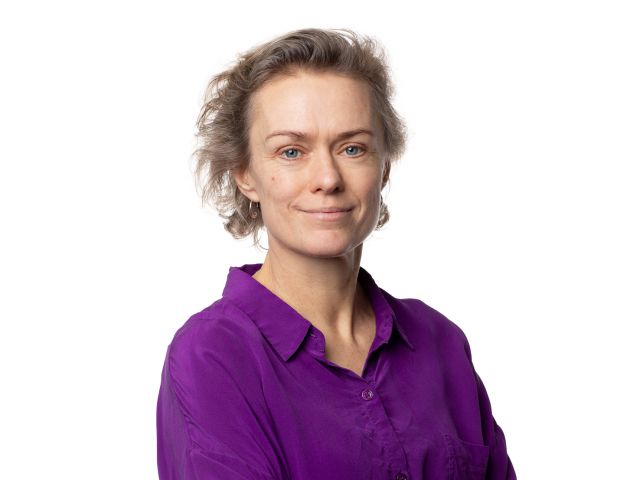
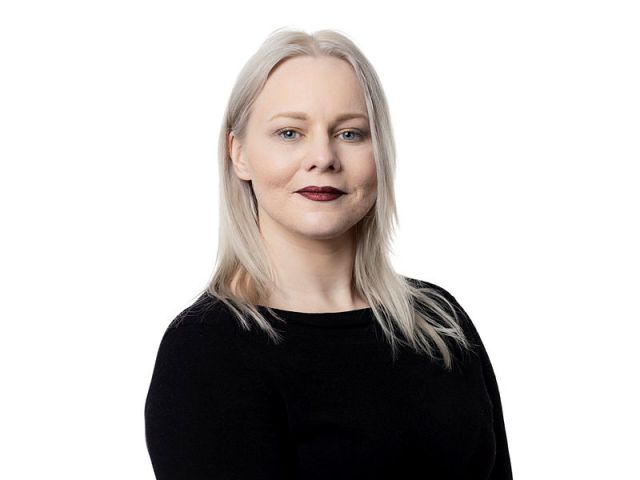
Yvette Lind emphasizes that the next pandemic may differ somewhat from the one we are about to leave behind, but some principles might be transferable.
“During this pandemic, we realized the importance of working policies, and from what we hear from stakeholders and those affected rapid access to state subsidies was vital, as businesses did not have time to wait,” she says.
The researchers cannot talk about the specific content of the principles until they have been submitted to the government by the end of the year.
Saved by digitalization
Both Birthe Larsen and Yvette Lind have spent the pandemic investigating various questions regarding the pandemic.
For example, Birthe Larsen conducted a research project that asked businesses about what financial aid packages they used, how many people they would have had to lay off without them etc., to understand what measures helped the businesses. And Yvette Lind has completed several comparative studies outlining what political and legal measures various countries have introduced to ward off the negative effects of the pandemic.
This is the knowledge the two experts are sharing with the working group, which consists of representatives from various industries, federations and committees in Denmark.
“What we are doing right now is sharing experiences and obtaining data from other countries about what has worked and what hasn’t. In that sense, we can put into perspective what we did in Denmark compared with other countries,” says Birthe Larsen.
Yvette Lind adds:
“At the moment, we are working on a draft that we can comment on. From my perspective, however, it’s important that the principles comply with Danish and EU law, and that legal rights and basic principles of law are met.”
No one knows when a new pandemic will strike. Maybe it will be in 20 years, 50 or 100. And this is also a challenge, explains Birthe Larsen.
“The principles will be handed over to the government before the end of the year. But there’s one challenge. Before the current pandemic, we had not had a pandemic for about 100 years, and if the Danish government at that time had made a paper containing principles for dealing with future pandemics, it wouldn’t have been much use today,” says Birthe Larsen and continues:
“What largely saved Denmark this time was digitalization. Denmark was lightning quick to convert to online teaching and work, which put us in a different position. I have German colleagues who could not do that to the same extent. So obviously, history means a lot in terms of how you can tackle a pandemic. We will probably have different options 50 years from now that we cannot take into account.”
Inside the machine room
The researchers find that participating in the working group is “exciting”, as their knowledge and expertise are being put to use.
“In law, researchers often provide input for policies, and as a researcher, it is important to be part of such processes so that you are not stuck outside the machine room. So, I’m happy to be contributing to this working group,” says Yvette Lind.
Birthe Larsen adds:
“It’s extremely interesting, and the research I did about financial aid packages matches this work very well,” she says.



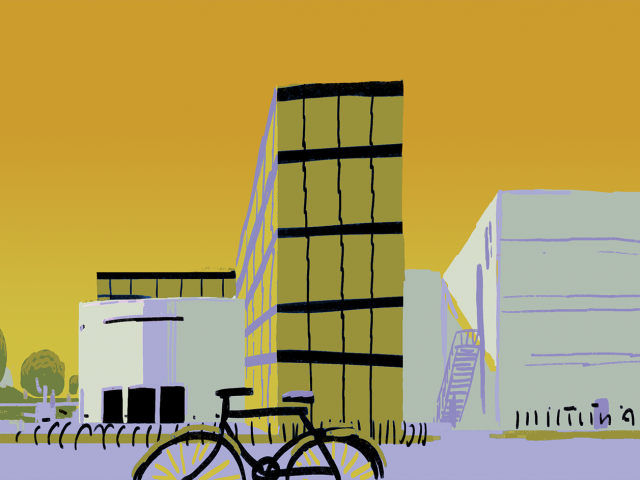

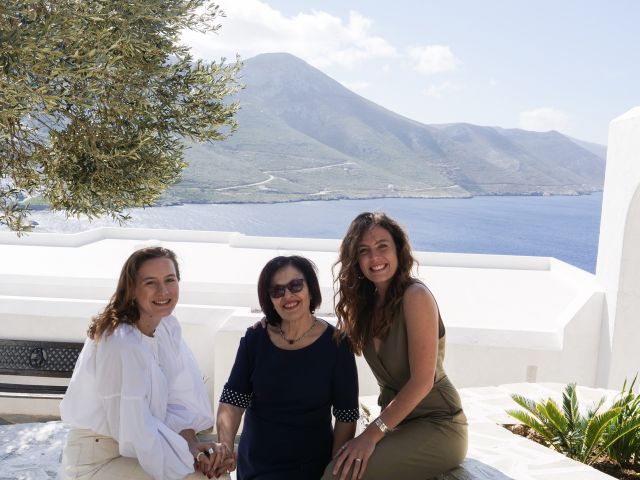
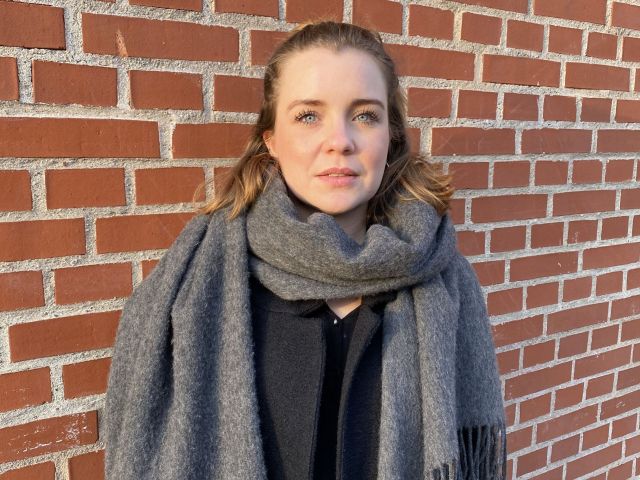
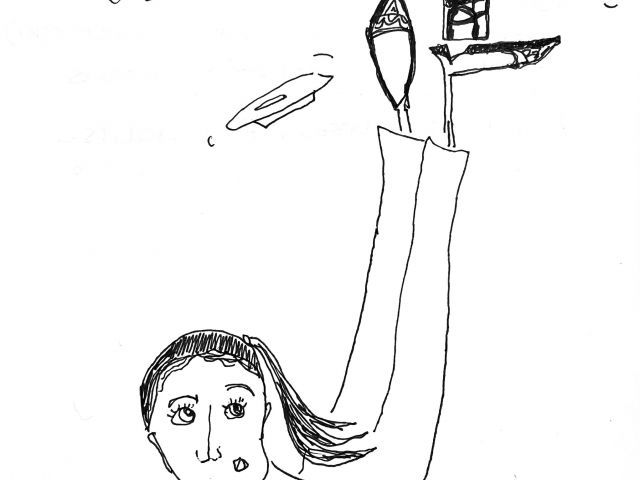





























































































































Comments